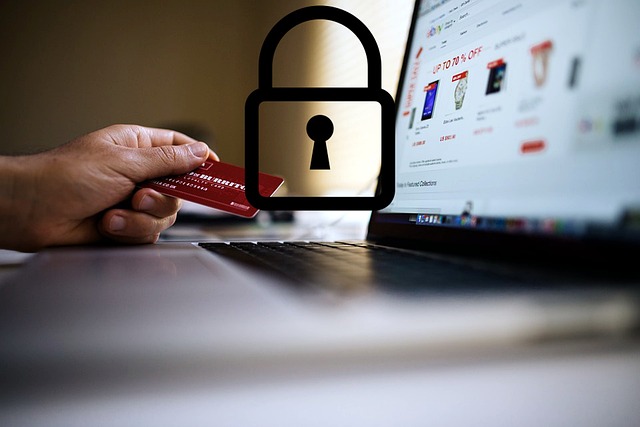
Ensuring IT Fortification: Safeguarding E-commerce Security in the Digital Age
The rapid expansion of e-commerce has transformed the way we conduct transactions, shop, and interact with businesses. However, with this evolution comes significant challenges, especially in the realm of e-commerce security. As online transactions soar, so too does the threat landscape, with cybercriminals constantly on the lookout for vulnerabilities to exploit. To protect sensitive information and maintain consumer trust, it’s essential to prioritize IT fortification strategies that can effectively safeguard vulnerable systems.
At the core of robust e-commerce security lies a comprehensive understanding of potential threats. Informational technology platforms serve as the backbone of online transactions, making them prime targets for hackers seeking access to personal data or financial information. This underscores the necessity of employing advanced encryption techniques and secure payment gateways. Innovative technologies, such as blockchain, are paving the way for enhanced security measures, providing both transparency and integrity in transactions.
Every e-commerce business must conduct regular security audits. Keeping up with the latest IT developments and trends is crucial in staying ahead of potential threats. By investing in cybersecurity training for staff, implementing multi-factor authentication, and utilizing firewalls, businesses can create an impregnable digital environment. These preventive measures not only protect proprietary data but also enhance customer experiences, fostering trust and brand loyalty.
Moreover, it’s essential for e-commerce platforms to comply with regulations and standards, such as GDPR and PCI DSS, which set the bar for e-commerce security. Adhering to these guidelines not only minimizes the risk of breaches but also ensures that customers feel safe while shopping online. The consequences of negligence in this domain can be dire, leading to significant financial losses, reputational damage, and legal repercussions.
As we delve deeper into the information age, businesses must remain vigilant. Implementing a security-first mindset can transform how companies approach their IT frameworks. By constantly monitoring for irregular activities, being prepared with incident response plans, and staying informed about emerging threats, companies can vastly improve their resilience against attacks.
In the evolving landscape of e-commerce, the fusion of technology and security is more critical than ever. Embracing cutting-edge IT solutions, promoting a culture of security awareness, and fostering collaborative efforts with cybersecurity experts can greatly enhance defenses. As we navigate these complex challenges, the commitment to e-commerce security must remain unwavering, ensuring that businesses not only survive but thrive in the digital marketplace.

